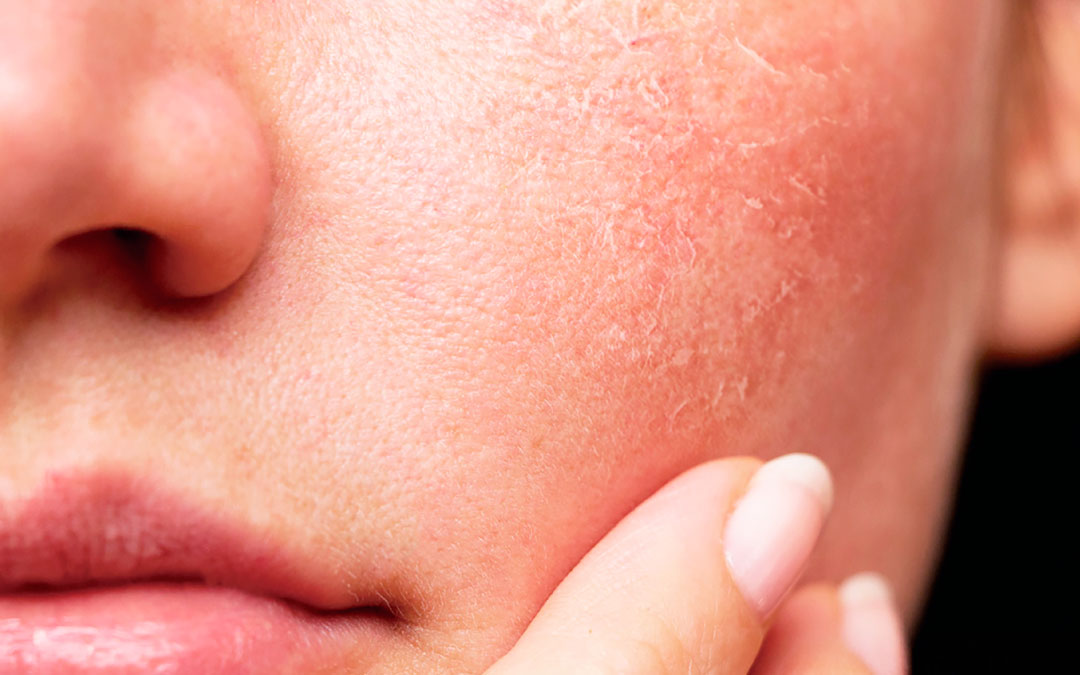Skin
Why is your skin dry? Main causes and solutions on how to keep it smooth
Dry skin is very common, it occurs when the skin loses too much water and oil. It affects all ages.
Dry skin, also known as xerosis or xeroderma, has several causes, including cold or dry weather, sun damage, harsh soaps and excessive bathing.
Dry skin is usually temporary and is due to changes in temperature or humidity, usually in winter. Dry skin signs and symptoms may vary depending on your age, health, skin tone, living environment and sun exposure.
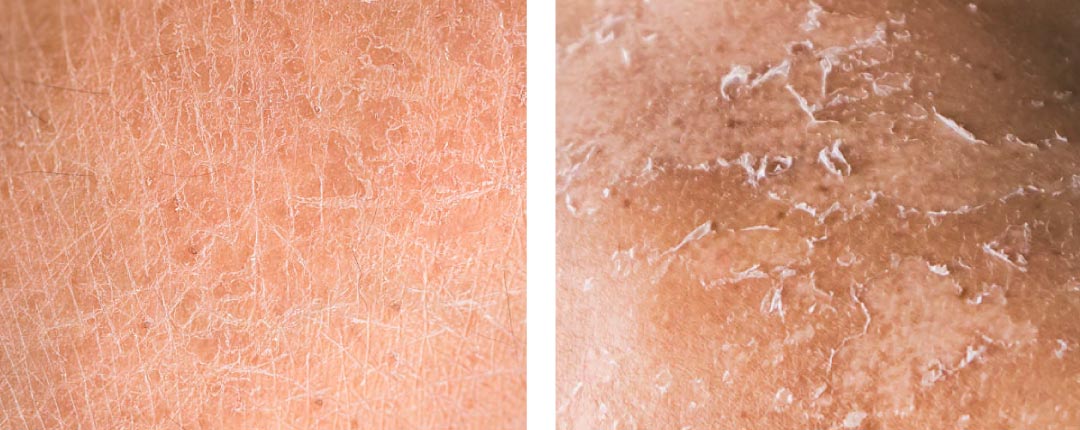
The most common symptoms of skin dryness are:
- Peeling, flaking or exfoliation of the skin.
- Skin that feels rough.
- Stiffness of the skin, especially after bathing.
- Itchin.
- Fine lines or cracks.
- Cracks in the skin that may bleed.
Facial skin naturally produces an oil called “sebum”. When the skin produces too much oil, it can cause acne or pimples. However, it is important to have oil on your face to keep it moisturized and protected.
Skin that does not produce or replenish enough sebum can dry out.
How to prevent dry skin?
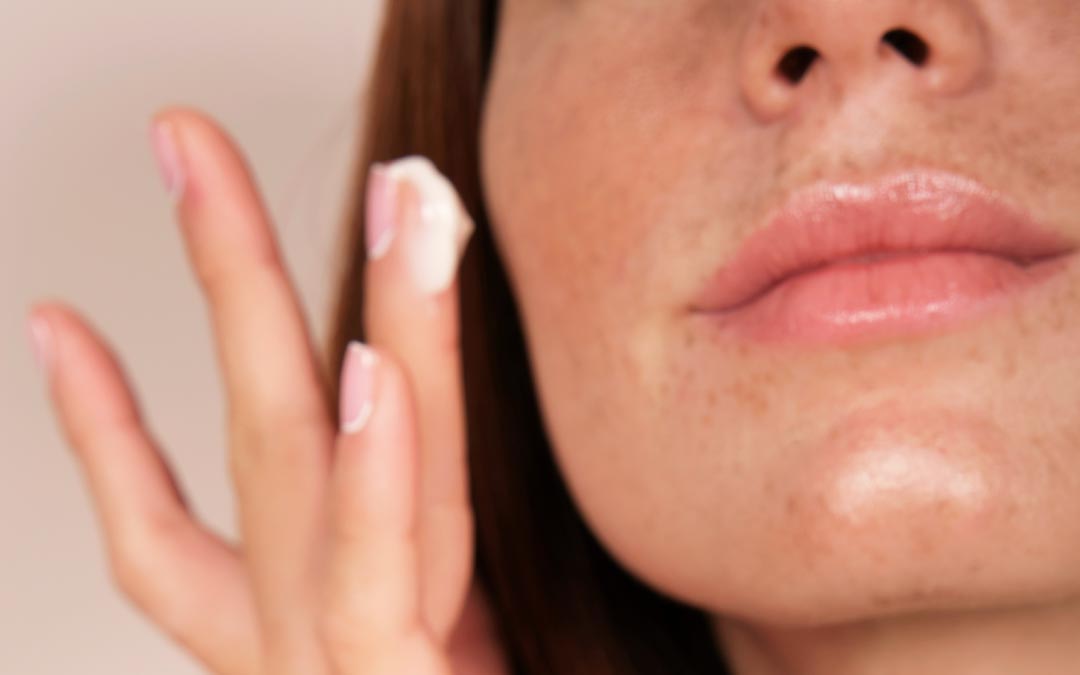
There are some steps you can take when it comes to preventing and reducing dry skin. Sometimes it can become uncomfortable because of flaking or how tight it can feel.
Here are some steps you can take to avoid having a dry and dull skin.
- Avoid overexposure to direct sunlight.
- Avoid areas of low humidity.
- Moisturize your skin at least twice a day. In the morning, use a hydration treatment, such as our Hyaluronic Acid Serum, which is instantly absorbed and provides intense hydration and smoothness. At night, choose our Retinol Moisturizer Cream that hydrates and improves elasticity.
- Spend less time in the shower and use lukewarm, not hot, water.
- Drink plenty of water (two to three liters per day) and consume foods with a high water content, such as watermelon, strawberries or peaches to increase your daily fluid intake.
What disease causes dryness on the skin?
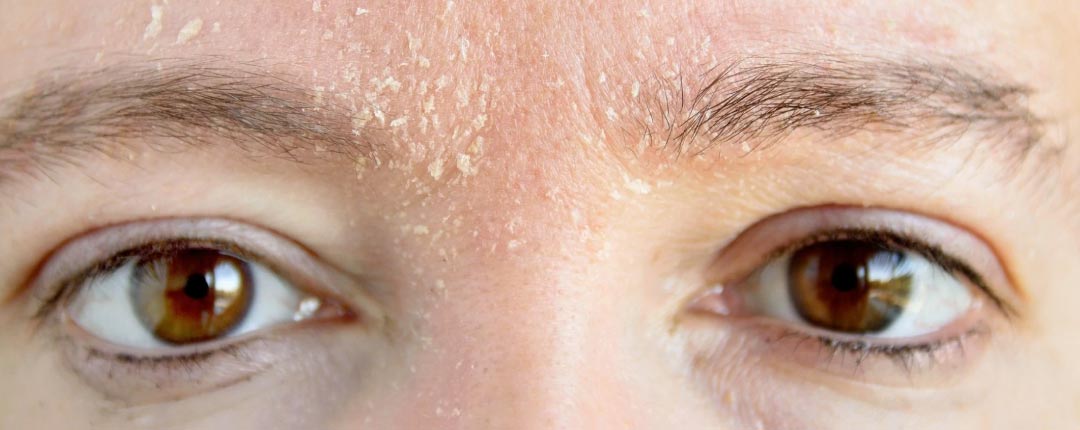
Dry skin or xerosis is a common condition. It can be a disease such as Psoriasis, Atopic Dermatitis, Hypothyroidism or simply be a chronic condition, due to genetic factors, or acquired by age, climatic conditions, environmental conditions, taking certain medications, etc.
When it occurs, the skin becomes rough, tight, flaky, itchy, cracked, inelastic and aged, giving the characteristic and appearance of dry skin.
What is the best vitamin for dry skin?
Vitamins are essential for the health of the body. As well as for improving the appearance of the skin. But there is one in particular that makes the skin look radiant, hydrated and smooth.
This is vitamin A, which is ideal for dry and cracked skin, contributes to cell renewal, regenerates, relieves diseases such as psoriasis, acne and eczema, restores the epidermis and restores firmness and hydration.
Our Retinol Moisturizer Cream contains large amounts of Vitamin A, and is for nighttime use only. It stimulates cell renewal and collagen synthesis, helping to diminish and prevent the appearance of blemishes, wrinkles, fine lines and enlarged pores. Moisturizing, hydrating and firming, while improving skin texture and tone.
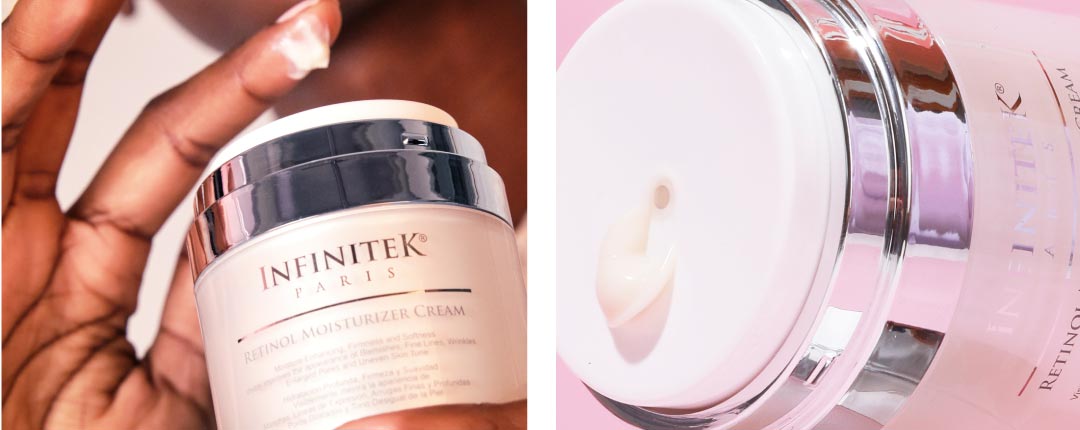
As for vitamin C, it is highly antioxidant and stimulates collagen production, improves elasticity, nourishes the skin and provides softness. It is the best ally to combat aging and dryness.
Our Vitamin C + Organic Silicium Serum is a powerful antioxidant with a high concentration of natural extracts. It enhances facial radiance, diminishes expression lines and wrinkles, and fights premature aging,while firming and strengthening.
Its intelligent formula strengthens the skin, fighting the effects of free radicals, pollution and sun damage, the main causes of “premature aging”. Helps retexturize the skin for a firmer, smoother and softer appearance. Improves and prevents the appearance of blemishes, wrinkles, fine lines and loss of firmness.
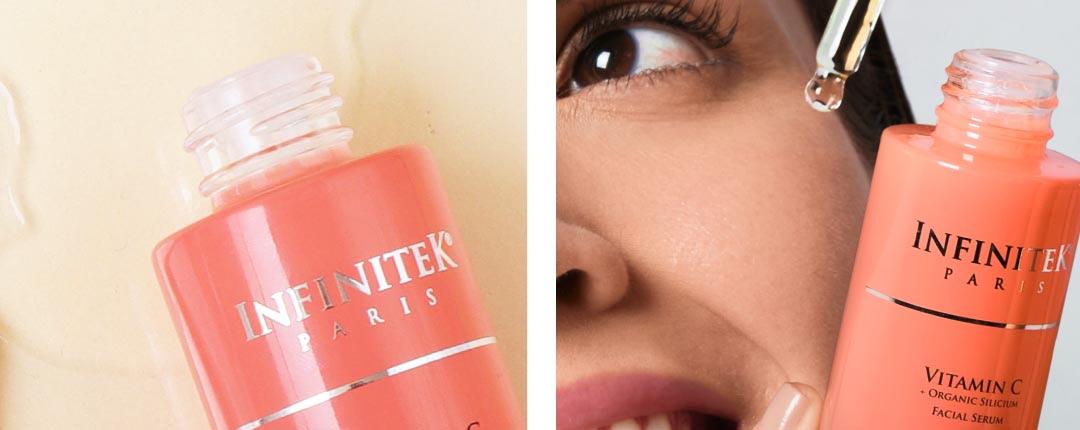
Why does the skin on the face peel?
Peeling skin can also be the result of a disease or condition that may start on another part of the body. This type of skin peeling is often accompanied by itching.
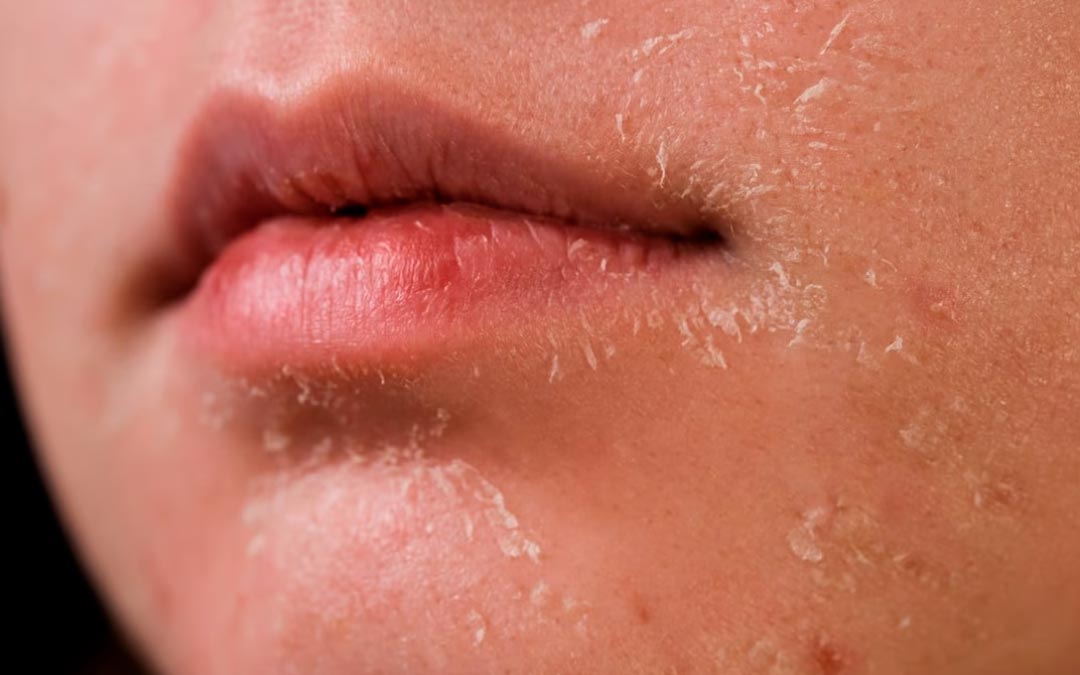
These are some of the conditions that can cause peeling of the skin:
- Allergic reactions.
- Infections, including some types of staphylococcal and fungal infections.
- Immune system disorders.
- Cancer and cancer treatment.
- A genetic disease, including a rare skin disorder called peeling skin syndrome, which causes painless peeling of the top layer of skin.
It is important to mention that food has a direct influence on the appearance of the skin, so try to include in your daily diet fruits, vegetables and plenty of water that will provide essential vitamins and minerals to keep your skin hydrated.
Take care of your face with high quality products like those from Infinitek Paris that provide you with effective ingredients against dryness, making you look radiant and hydrated.



